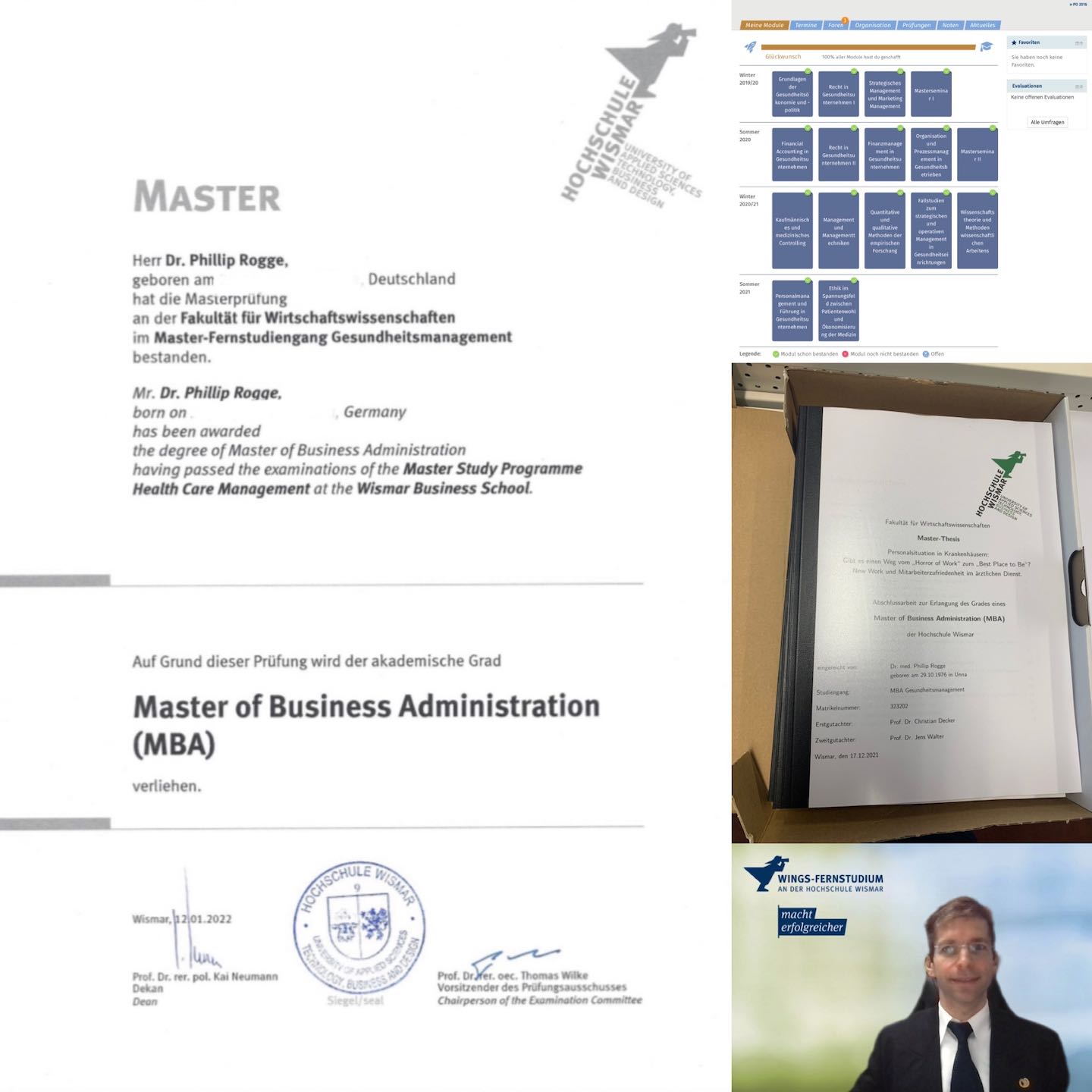New Work
Personal Management in the Healthcare Sector
My Connection to Personal Management
Personal management has fascinated and bound me since my school days. It started with my involvement in the school newspaper from the 10th grade, where I was responsible for personal marketing and personal development. After completing my Abitur, I worked in the voluntary sector, first with the German Red Cross (DRK) and then with the German Life-Saving Society (DLRG), focusing on employee recruitment and retention. Motivation and motivation-enhancing measures, as well as relationship work, have emerged as key factors for me—which creates an absolute parallel with personnel work and teaching. Training courses on this topic, which I was able to organize myself, such as in the DLRG, emphasize this.
Academic Underpinning …
My part-time Master's degree in Business Administration in the field of Health Management at the state university Wismar gave me the opportunity to delve deeper into this area and, above all, to focus on the topic of personnel. This was reflected in the topic of my Master's thesis, in which I dealt with New Work in relation to the work situation in hospitals.
My Master's Thesis (Summary)
Dr. med. Phillip Rogge: Staffing Situation in Hospitals:
How to Change a “Horror of
Work” to a “Best Place to Be”?
New Work and Employee Satisfaction in the Medical Staff
Profession
New work is a concept for the restructuring of work that focuses on the calling, furthermore calls for the humanization of work and thus promotes higher employee satisfaction. In the personal dimension, this includes the development of suitable self-management in order to be able to balance work and private life that are increasingly merging into one another, as well as the ability to work in a team. In the entrepreneurial dimension it contains the personnel area, e.g. flat hierarchies, willingness to innovate and transparency, the spatial area, e.g. Activity-dependent choice of the place of work, functional equipment and retreat areas, and the digital area, i.p. a digital transformation.
According to studies, employee satisfaction in the medical field in clinics is persistently low, combined with a high level of work intensification, so that after a “medical glut” 25 years ago, there is now a shortage of doctors. Although the clinics have primary access to young doctors through specialist training, it is not possible to retain them.
On the basis of surveys on employee satisfaction in clinics, problems are identified and theoretically compared using the previously deduced criteria for new work. It can be shown that the concept of new work is theoretically suitable for addressing points of low employee satisfaction and potentially improving employee satisfaction in the medical staff.
My Offer
I would be happy to invite you to lectures on New Work – especially in the healthcare sector. In addition, I support you in transforming to a human-oriented workplace – unfortunately, this is not currently the case in many hospitals. While the development in the economy has moved from pure personnel management to human resource management to „people management“, which puts people and their needs and potential in the foreground, many hospitals are still operating with personnel management and leadership through increased pressure. We in the healthcare sector have the optimal prerequisites for New Work and should actually be the sector without personnel problems. To make the „actually“ a „really“ becomes, I would be happy to advise you!
